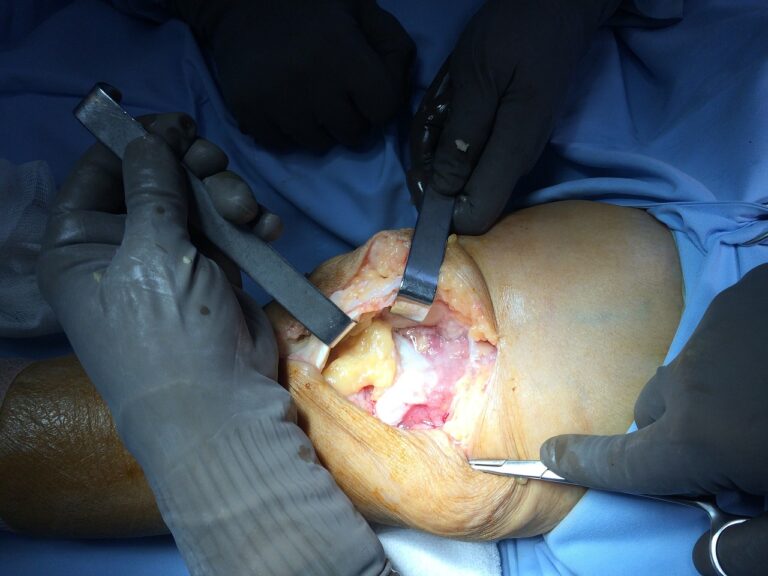How Healthcare Providers Are Addressing the Needs of Patients with Rare Diseases
Rare diseases present unique challenges for healthcare providers due to their low prevalence and complex nature. The limited exposure to these conditions during medical training can result in gaps in understanding among healthcare professionals. As a result, patients with rare diseases often face delays in diagnosis and appropriate care, highlighting the need for increased awareness and education within the healthcare community.
Improving healthcare providers’ understanding of rare diseases requires ongoing efforts to enhance medical curricula, training programs, and professional development opportunities. By incorporating rare disease education into standard coursework and providing resources for continued learning, healthcare professionals can better recognize and effectively manage these complex conditions. Ultimately, a more comprehensive understanding of rare diseases among providers is crucial for improving outcomes and quality of life for patients living with these challenging illnesses.
Collaborative Care Approach for Rare Disease Patients
Rare disease patients often face numerous challenges due to the complex nature of their conditions. Collaborative care approaches have shown to be beneficial in addressing the diverse needs of these patients. This approach involves a multidisciplinary team of healthcare professionals working together to develop and implement comprehensive care plans tailored to the individual needs of rare disease patients. By combining the expertise of various specialists such as doctors, nurses, genetic counselors, and therapists, the collaborative care model ensures that patients receive holistic and coordinated care.
One of the key benefits of a collaborative care approach for rare disease patients is improved communication and coordination among healthcare providers. This integrated approach promotes effective information sharing, which is crucial for ensuring that all aspects of a patient’s condition are taken into consideration when devising treatment plans. Additionally, by fostering collaboration among different specialists, the care team can collectively leverage their expertise to provide more personalized and effective care for rare disease patients.
What is a rare disease?
A rare disease is a condition that affects a small percentage of the population. In the United States, a disease is considered rare if it affects fewer than 200,000 people.
Why is it important for healthcare providers to have a good understanding of rare diseases?
Healthcare providers need to have a good understanding of rare diseases in order to accurately diagnose and treat patients with these conditions. Since rare diseases can be complex and difficult to diagnose, having knowledge and expertise in this area is crucial for providing quality care.
What is a collaborative care approach for rare disease patients?
A collaborative care approach for rare disease patients involves healthcare providers from different specialties working together to provide comprehensive and coordinated care. This may include specialists, primary care providers, nurses, social workers, and other healthcare professionals all working together to meet the unique needs of the patient.
How can a collaborative care approach benefit rare disease patients?
A collaborative care approach can benefit rare disease patients by providing them with access to a team of healthcare providers who have expertise in their specific condition. This can lead to more accurate diagnoses, personalized treatment plans, and better overall outcomes for the patient.
What are some challenges healthcare providers face when treating rare disease patients?
Some challenges healthcare providers face when treating rare disease patients include limited knowledge and expertise in rare diseases, difficulty accessing specialized care and treatments, and coordinating care between multiple providers and healthcare settings.
How can healthcare providers improve their understanding of rare diseases?
Healthcare providers can improve their understanding of rare diseases by participating in continuing education programs, attending conferences and workshops on rare diseases, collaborating with specialists in the field, and staying up-to-date on the latest research and guidelines related to rare diseases.





